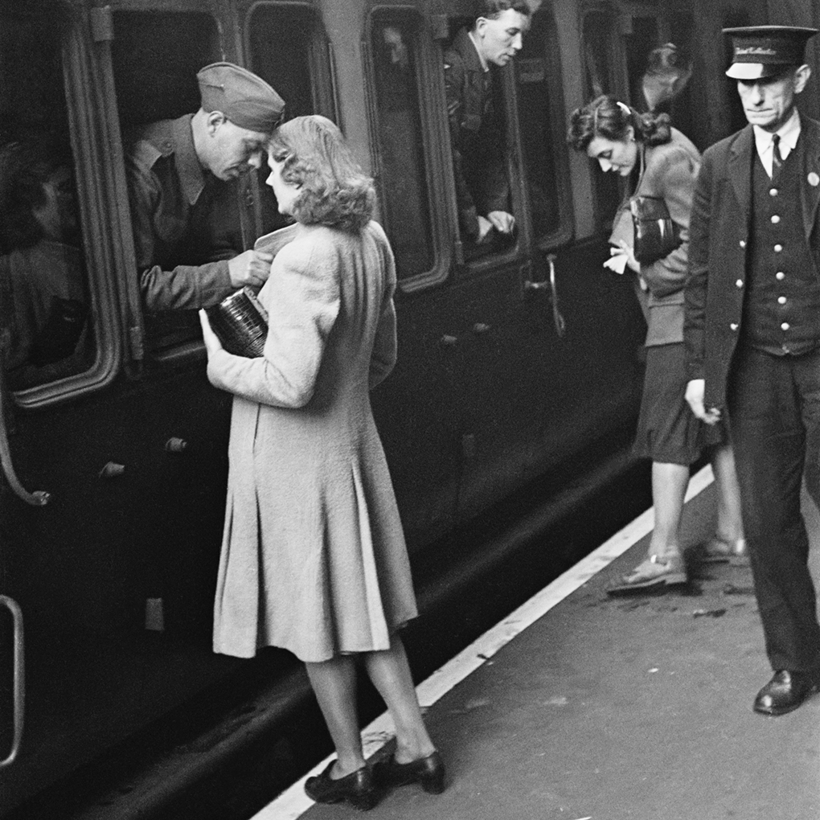As we endure the second wave of the Covid-19 pandemic – with its attendant “Groundhog Day” ennui, its frustrations and intermittent panics – performing a particular thought experiment can be both enlightening and consoling. Imagine yourself transported back in time to September 1939; almost six years of the Second World War is coming down the historical pike toward you. That would be so much worse than this crisis, surely? The displacement and upheaval in our ordinary lives that we’re experiencing today can’t be remotely similar to the massive, unforeseen turbulence that the world went through then – surely?
As if in response to these questions, this book charts those years of war almost precisely. Love in the Blitz covers the passage of time from the summer of 1939 to 1946 in the form of a series of love letters written by a young woman, Eileen Alexander, to her lover, Gershon Ellenbogen. It makes for a fascinating subjective account of an individual life over these years, unfiltered by any ambitions of literary posterity or knowingness.

